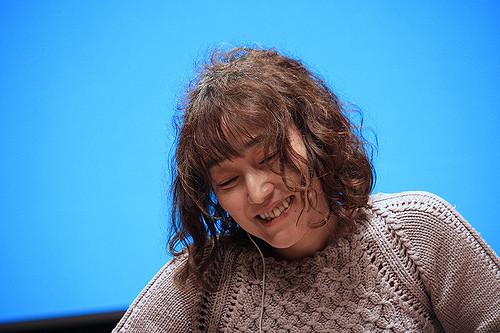
Throughout the novel it is clear that both Shoko and Mutsuki deeply care about the other. It also allows a glimpse into the newlyweds' internal states of being. It's a great technique that lets readers see both sides of their relationship and how they view each other. Neither Shoko or Mutsuki quite realize what all of the consequences of their marriage might actually be.Įach chapter of Twinkle Twinkle alternates between Shoko and Mutsuki's individual perspectives. But during their first year together things begin to unravel. It seems like a perfect marriage as long as they can prevent their parents from discovering the farce. They are each free to live their lives how they choose while at the same time are able to keep up appearances for their families.

Shoko and Mutsuki care for each other, but their marriage is one of convenience more than anything else.


Shoko is an alcoholic and emotionally unstable while Mutsuki is gay and continues to see his long-term boyfriend Kon. Although Shoko and Mutsuki are pleased with their arrangement, each is hiding a secret from their new in-laws. Shoko and Mutsuki married four months after they first met, much to the delight of their respective parents who feared that their progeny would never find someone to spend the rest of their lives (and hopefully have children) with. Currently the only other novel by Ekuni available in English is God's Boat. After reading Twinkle Twinkle I sincerely hope that more of her writing is translated. ( Twinkle Twinkle was actually the first book ever to be released by Vertical.) Despite being a well-known and admired author in Japan, before reading Twinkle Twinkle I was unfamiliar with Ekuni and her work. The novel was translated into English by Emi Shimokawa and published by Vertical in 2003.

Also in 1992, Twinkle Twinkle was adapted into a film directed by Joji Matsuoka. Show More published in Japan in 1991, was her debut novel and earned Ekuni the Murasaki Shikibu Literary Prize in 1992.


 0 kommentar(er)
0 kommentar(er)
